Intuitive Eating Q&A: Part 1
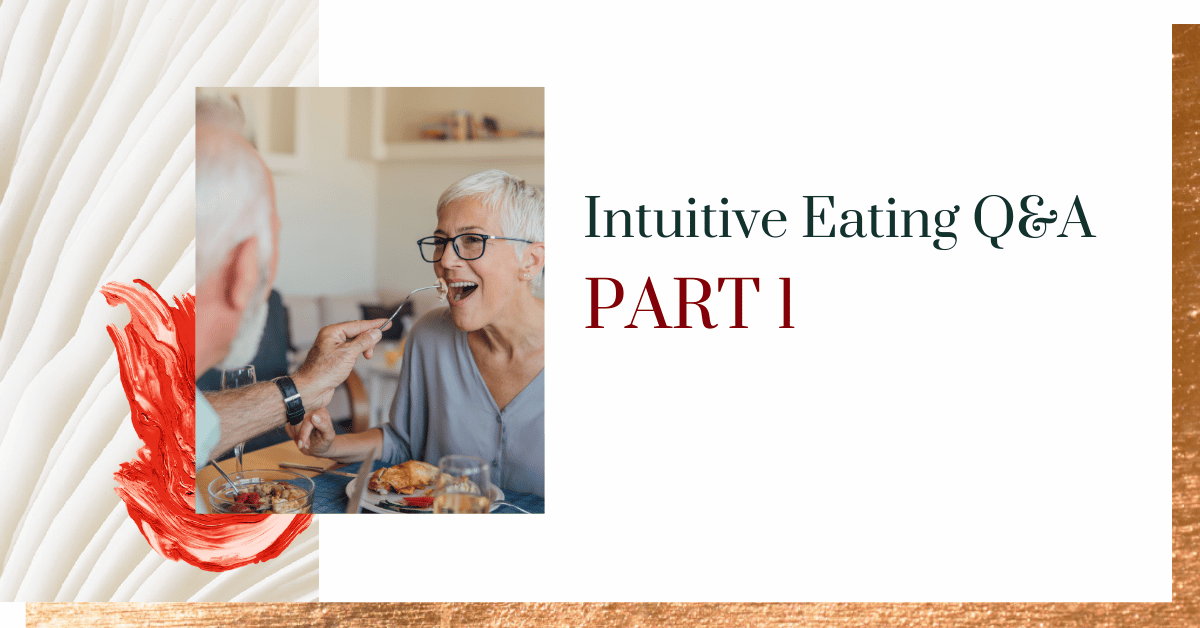
Intuitive Eating can be a challenging process, especially in the beginning. What if you never crave vegetables? How can you stop feeling guilty after eating sweets? How do you know if you are honoring your hunger? These are questions that we have all contemplated – you are not alone! Read on for my answers and tips to help you during your Intuitive Eating journey.
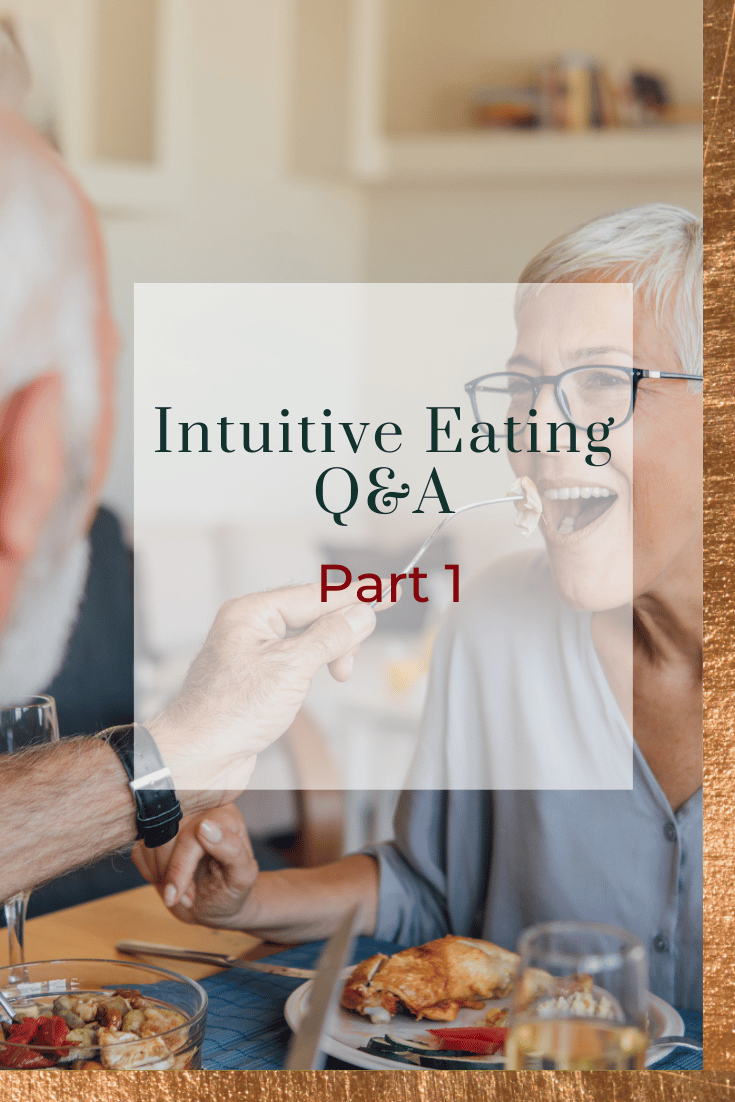
I’ve been getting a lot of great questions on my Instagram page about Intuitive Eating that I wanted to share with everyone. Intuitive Eating is the opposite of a diet (in so many ways!) – where diets are easy at first, due to the structure and rules, they become harder as time goes on. Intuitive Eating, on the other hand, is tough in the beginning but gets easier and easier over time.
These questions and tips below tackle cravings, food restriction, food police/guilt, making peace with food, gentle nutrition, and the hunger and fullness scale. If you haven’t yet, make sure to check out Part 2, Part 3, Part 4, and Part 5 of this Intuitive Eating Q&A series. If you are new to Intuitive Eating, check out my blog post on how to get started and comment below with any questions you might have in your own Intuitive Eating journey.
I always feel guilty after eating foods I know aren’t great for me, especially sweets. I eat them when I’m craving them, not because I’m hungry, and then I end up feeling guilty. How can I stop these cravings and stop feeling guilty?
Cravings are a side effect of restriction, so I’d first have you ask yourself, “Am I restricting myself?” It may not be totally conscious, and you may not be depriving yourself through traditional diets, but the threat of future deprivation is implied when you feel guilty or shame about what you’re eating. And this is going to lead to cravings.
Whenever we restrict ourselves, keep foods off limits, or look at certain foods as “good” or “bad”, we end up going overboard or have a hard time saying no whenever we do have access to those foods. Restriction and deprivation breed guilt. This is why one of the main principles of Intuitive Eating is to “make peace with food”.
It sounds like you are still not giving yourself unconditional permission to eat whatever you want, which is then causing cravings, and then you’re feeling guilty because you’re eating even though you aren’t hungry. If this sounds right, then the important thing for you to work on right now is giving yourself that unconditional permission to eat and reframing those inner critic/food police guilt voices.
A few examples on how to reframe the inner critic:
- “I’m choosing foods that are satisfying as much as possible”
- “It’s ok not to have a vegetable today”
- “I get to choose the nourishment for my body”
- “I am learning to include foods I find satisfying and enjoyable”
- “I hear you, I know you’re concerned, but I’m going to be fine” (to food police voice)
I’ve been trying intuitive eating for months but I still find that I’m not wanting vegetables – will I ever crave them?
Eating intuitively & listening to our bodies doesn’t mean that we throw nutrition entirely out the window. Yes, nutrition often has to be put on the back burner for a while. Eventually, however, you get to the place where you make peace with food, aren’t judging foods as “good” & “bad”, and give yourself permission to have whatever you want.
There’s this belief that Intuitive Eating means eat whatever you want, anytime you want. But that’s not exactly the case. With Intuitive Eating, you have permission to eat what you want, anytime you want, but that doesn’t mean you always do that. Hunger, fullness, satisfaction, how food makes us feel – those are all important; but Intuitive Eating also means using your brain and life experience. Once you work through the process of getting rid of the diet-y and restrictive voice, you can listen to your brain and make a decision on what to eat that is based on self-care, and one that honors your health and your body’s needs.
So the choice to eat (or not eat) vegetables may be less of a craving for some people and more of a conscious decision that comes from a place of self-care (versus a place of restriction). This is where gentle nutrition comes in. With vegetables, this could mean working on ways to explore new/different types. For example, a client of mine didn’t like veggies. Once she got to a place where she knew she had permission to eat whatever she wanted, she was ready to explore different ways of cooking them and found that there were many vegetables she really enjoyed and made her body feel good.
I’ve noticed that I have been getting hungry every few hours. I’ve been trying to honor the hunger but I’m worried that I’m eating too often. Am I truly recognizing hunger, or I am I just bored?
It takes a long time to fully get back in touch with your hunger. After so many years of dieting and relying on external cues to tell you when to eat, it is going to take a bit of time to fully know what hunger feels like. In the meantime, you’re doing the exact right thing by honoring that hunger feeling and eating something. You need to do this in order for your body to trust you to feed it, and for you to begin to trust your body that it will tell you when it is hungry. It is also a bit of trial and error for awhile as you start to become more in tune with your body’s signals – this is where keeping a journal can be helpful. You’ll start to see patterns around when you feel more hungry. Maybe you had a hard workout yesterday, or your breakfast wasn’t big enough, or maybe you notice you’re hungrier during certain times of the month based on your cycle. And sure, sometimes maybe it is boredom or stress. Try to approach this with a sense of curiosity instead of judgment. You’re exploring and discovering more about your body, which is really cool! You’re on your way to learning how to listen to your own internal signals to best feed yourself, rather than external cues (like dieting or food rules).
Check out the other posts in the Q&A series:
Intuitive Eating Q&A Part 2
Intuitive Eating Q&A Part 3
Intuitive Eating Q&A Part 4
Intuitive Eating Q&A Part 5
What other questions do you have about Intuitive Eating? Share in the comments below and I’ll answer them in future blog posts!
Looking for more intuitive eating support?
Check out my Unapologetic Eating 101 Course, an online, self-paced program to liberate yourself from dieting and make peace with food and your body.
My team and I also offer virtual one-on-one support – you can check out our virtual intuitive eating nutrition coaching packages.
My book, Unapologetic Eating: Make Peace with Food and Transform Your Life, is also a great resource that includes information, research, and reflection prompts to help you move away from dieting and come back home to your body, so you can live your most unapologetic, liberated life.
Author Bio
This article was written and reviewed by Alissa Rumsey, MS, RD, CSCS, a registered dietitian and Certified Intuitive Eating Counselor. She specializes in weight-inclusive care, intuitive eating, body image healing, mindfulness, self-compassion, and healing from chronic dieting, disordered eating, and eating disorders. Alissa holds a Bachelor’s Degree in Nutrition and Exercise Science, and a Master’s Degree in Health Communications, and is also an NSCA Certified Strength and Conditioning Specialist.
6 Comments
Leave a Comment
share the love
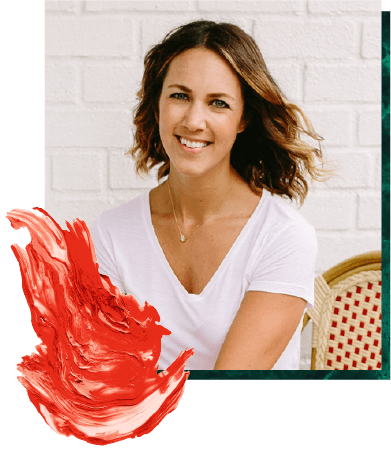
about
Alissa Rumsey, RD.
Alissa Rumsey, MS, RD, CDN, CSCS (pronouns she/her/hers) is a registered
dietitian, nutrition therapist, certified intuitive eating counselor, and the author of
Unapologetic Eating: Make Peace With Food and Transform Your Life. Alissa is
passionate about helping people reclaim the space to eat and live,
unapologetically.
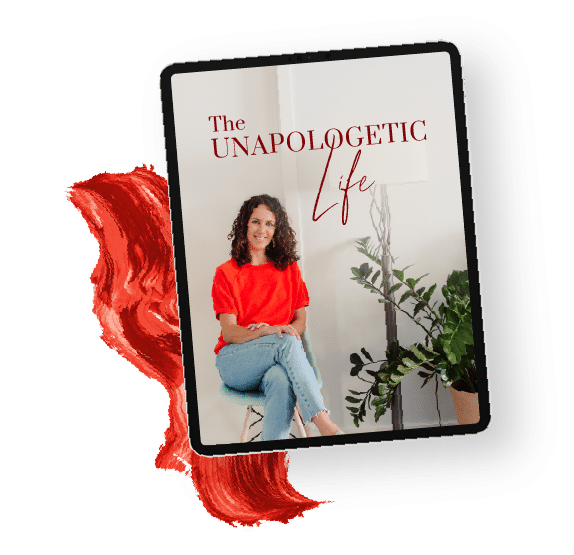
A twice-a-month round-up of inspirational stories, lessons, practical tips and encouragement for living your most authentic, unapologetic life.
The Unapologetic Life
RECENT POSTS
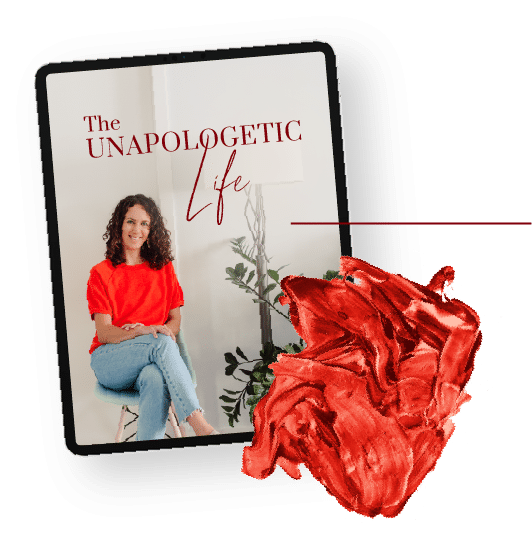
The Unapologetic Life
A twice-a-month round-up of inspirational stories, lessons, practical tips and encouragement for living your most authentic, unapologetic life.






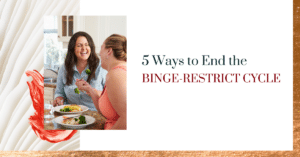
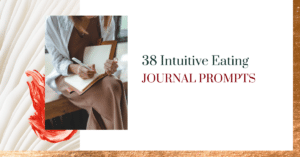
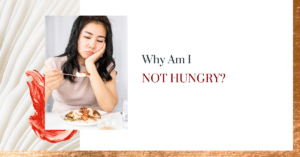
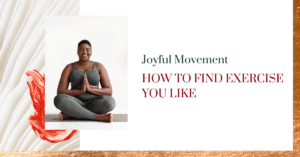
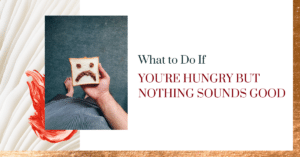
Hi there! I just stumbled onto your blog, but I have been vaguely aware of some of the principles that your Intuitive Eating guidelines are based on. I still definitely struggle with the idea of “good” and “bad” foods despite realizing on some level that it’s a bogus concept.
However, I’m not sure that I’m in a good place to start following these practices at this point in my life, because I’ve just started a graduate program and funds are tight, so I’m trying to stretch out my food budget as much as possible. How would you recommend approaching guilt or concern about spending money on whatever foods I crave in addition to dealing with guilt over “bad” foods?
Hi there, great question and I’m so glad you brought this up, as it’s not something I talk about enough. Food insecurity and low funds are a real issue and can make it much more difficult to truly eat intuitively – if you’re just worried when you’ll be able to buy groceries next. That being said, I think there are ways to be flexible with this and start somewhere. I’d start by trying to buy one or two new foods at the store, that you normally wouldn’t have around. Do so while also working on counteracting the food police (see my other post about that!) to deal with that guilt. Let me know how it goes!
My question is about how to meal plan but still eat intuitively. I need to bring my lunch and snacks because there is very little available at my workplace—but sometimes I don’t want to eat what I brought or I am not hungry for all the food (or more rarely I eat all I brought and need more).
How do you recommend following intuitive eating principles in a food desert?
Hi Sarah, great question! It still possible to plan ahead and in this case sounds like doing so will actually help you eat more intuitively. A few posts that I wrote share more info on this topic: https://luvofoods.com/blog/dietitians-guide-to-meal-prep-with-intuitive-eating/ and https://health.usnews.com/health-news/blogs/eat-run/articles/2018-10-05/the-important-difference-between-meal-plans-and-meal-planning. Let me know if these are helpful!
Hi there, you’re blog is great! I was wondering – If I know I’m about to go out for a big meal, it seems silly to snack before hand even though I’m genuinely hungry. What do you think? Wait or snack?
Good question Clive, and I’d say it depends – there is no right or wrong answer. It depends on how hungry you are, how soon the next meal is and, probably most importantly, if you’d feel restricted/deprived if you didn’t eat in that moment when you are hungry. If the meal is an hour or more away, I’d probably try having a snack and seeing how that goes. It’s all trial and error – experiment and see what happens/how you feel.